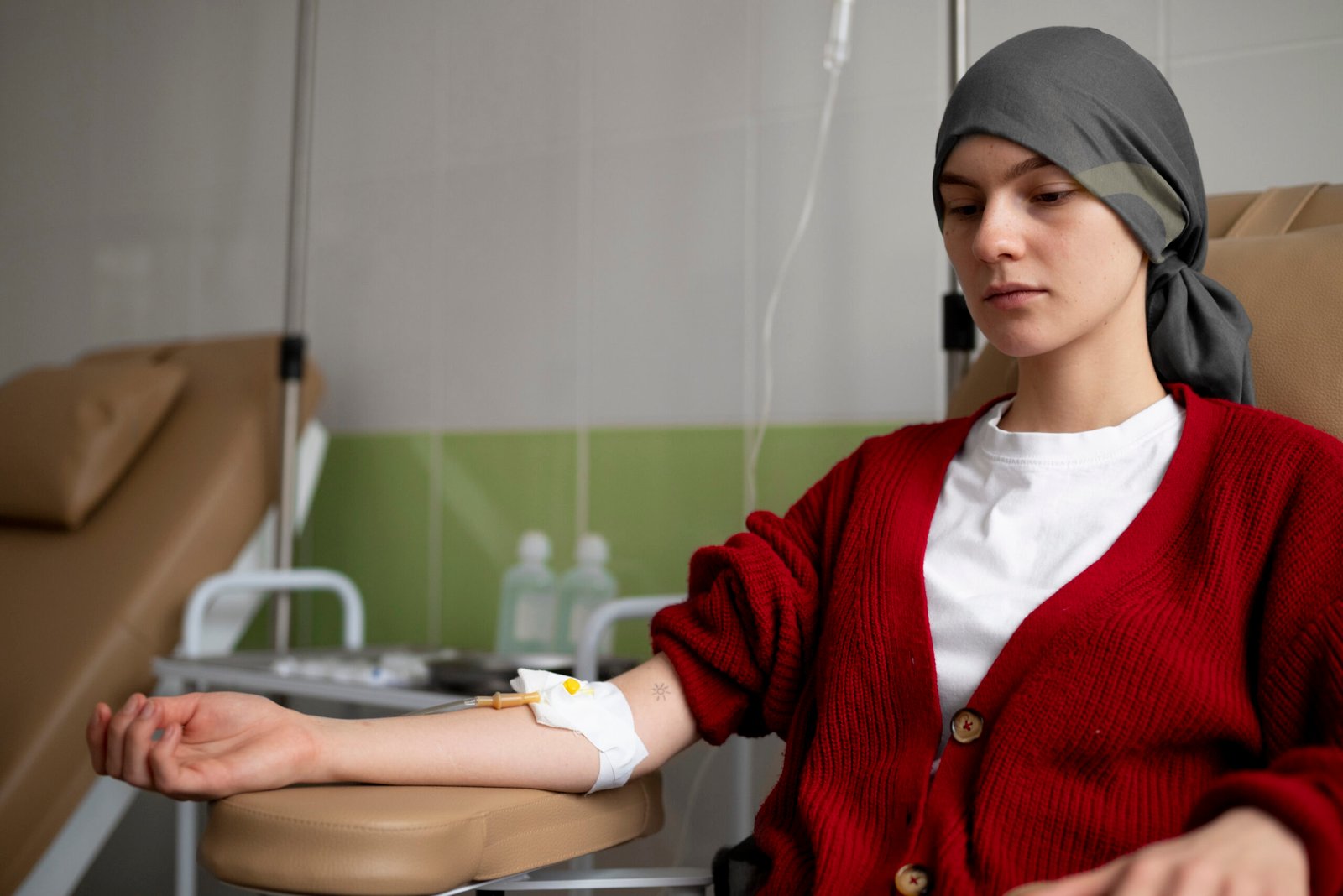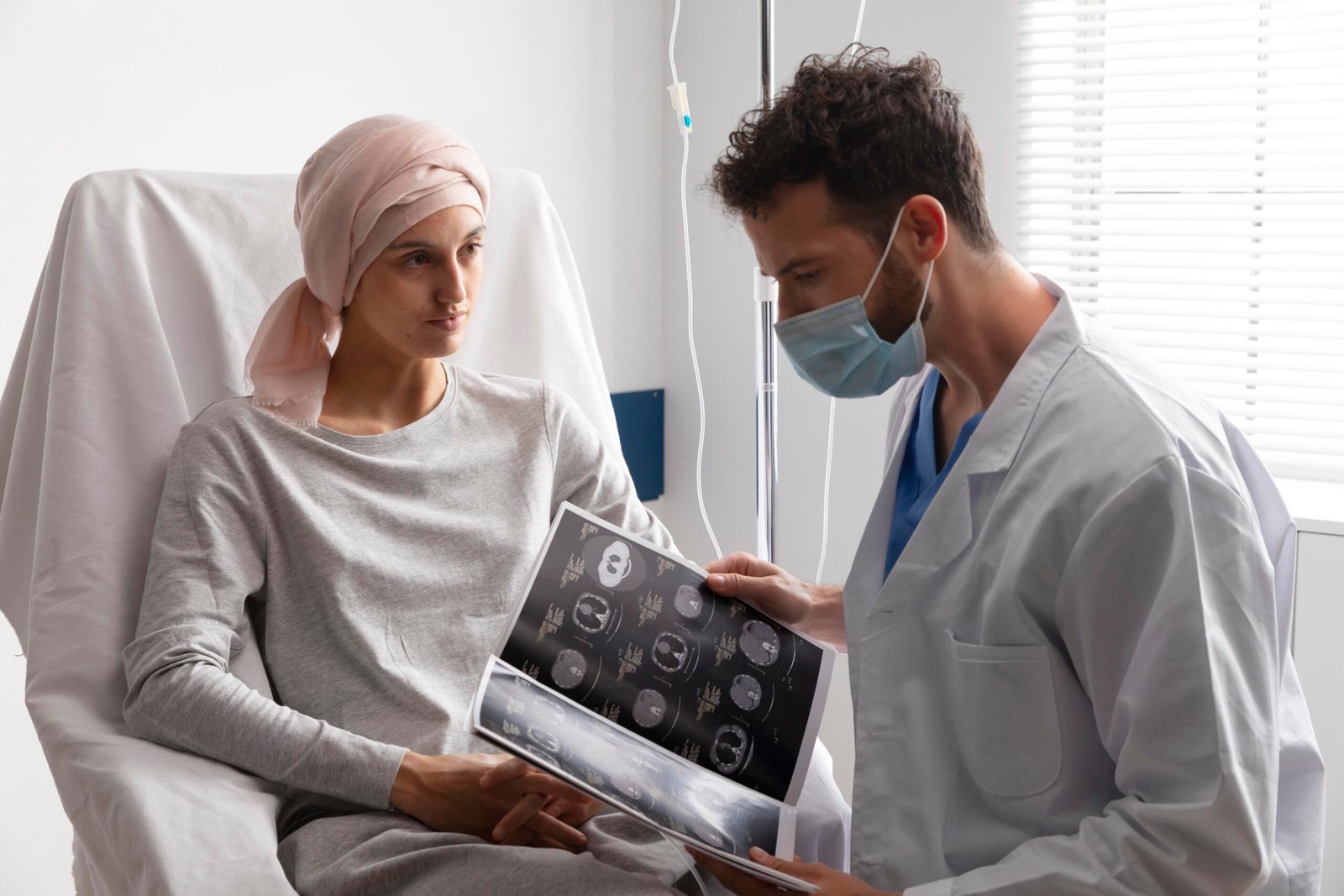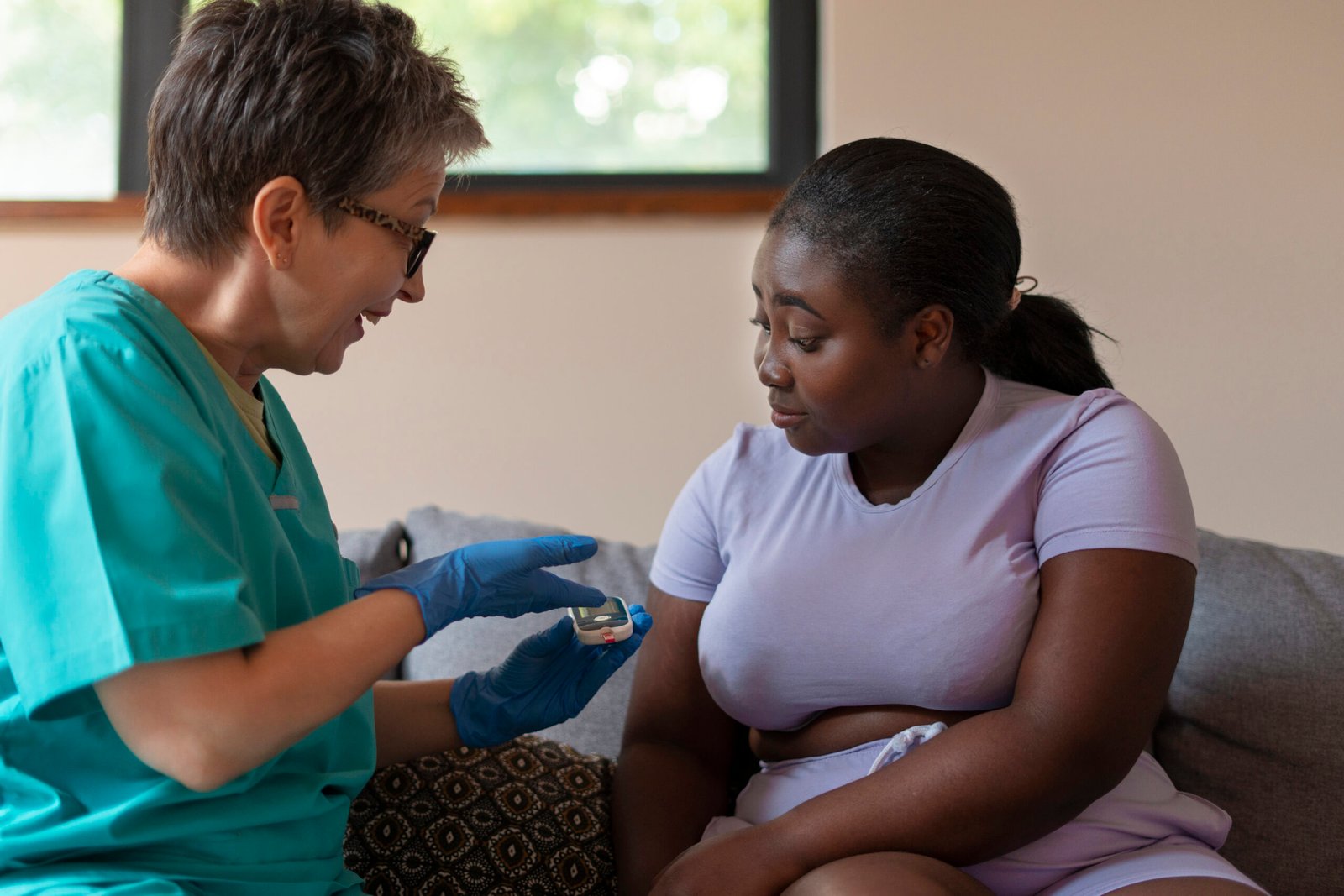Understanding Targeted Cancer Therapy: A Beginner’s Guide
Cancer treatment has come a long way from the days of blanket chemotherapy and painful radiation. Today, doctors have a more precise tool in their arsenal—Targeted Cancer Therapy. But what exactly is it? And why is it such a big deal in modern oncology?
If you’re just beginning to explore treatment options for yourself or a loved one, this guide will walk you through the basics of targeted therapy, its benefits, and what you should know before starting.

What Is Targeted Cancer Therapy?
Targeted therapy is a type of cancer treatment that targets specific genes, proteins, or the tissue environment that contributes to cancer growth and survival. Unlike chemotherapy, which attacks both cancerous and healthy cells, targeted therapy is designed to zero in on cancer cells only—minimising damage to the rest of the body.
In simple terms, think of it as a sniper shot versus a shotgun blast.

How Does Targeted Therapy Work?
Targeted therapies work by:
- Blocking signals that tell cancer cells to grow and divide
- Triggering the immune system to attack cancer cells
- Stopping the formation of new blood vessels that feed cancer
- Delivering toxic substances directly into cancer cells
There are mainly two types:
- Small-molecule drugs – Enter cells easily and affect internal targets.
- Monoclonal antibodies – Attach to specific targets on the cell surface.

When Is Targeted Therapy Used?
Doctors often recommend targeted therapy when:
- The cancer type has a known genetic mutation (e.g., HER2 in breast cancer, EGFR in lung cancer).
- Other treatments like chemotherapy have not been effective.
- The patient is dealing with metastatic or advanced-stage cancer.
Before prescribing, doctors usually run a biomarker test or genomic profiling to ensure the treatment will work on your specific cancer.

Benefits of Targeted Therapy
- More Precise: Hits only cancer cells with specific mutations
- Fewer Side Effects: Less likely to harm healthy cells
- Effective for Resistant Cancers: Works even when chemo fails
- Customised Treatment: Based on your unique genetic profile

Potential Side Effects
Although more focused, targeted therapy isn’t without side effects. These can include:
- Fatigue
- Diarrhoea
- Skin rashes
- Liver problems
- High blood pressure
Side effects depend on the type of drug and how your body responds. Regular check-ups and blood tests are crucial during treatment.


